Economic Development
Explore all Articles
filter by–Region
filter by–Country
search by–Keyword
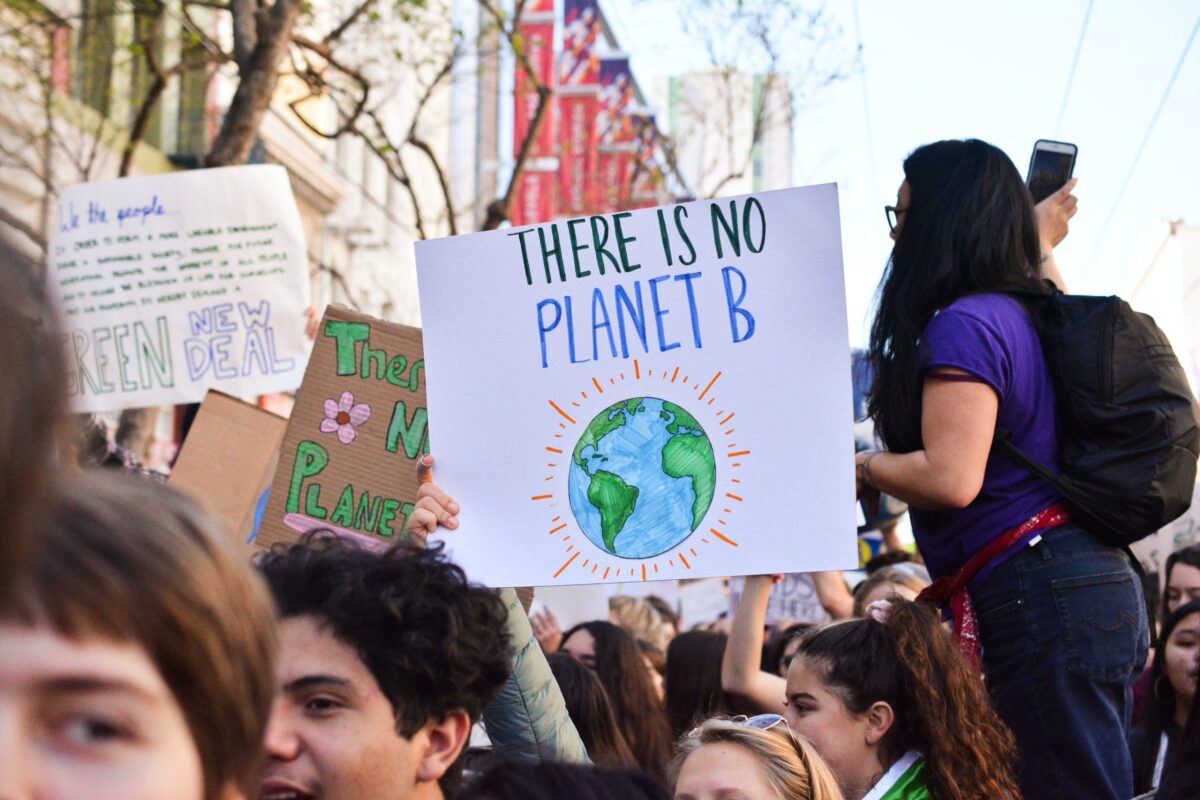
How to Save the Planet: Stop Economic Growth
11.19.21
After decades of inaction, humanity faces potential extinction through an ecological collapse of its own making.1 Climate change, ocean acidification, mass extinction, soil depletion, acid rain, rising seas, extreme weather, unstoppable wildfires, pollution, deforestation, and desertification would each be immense challenges for global governance individually—thecombination seems insurmountable, but because all share an underlying cause, there […]
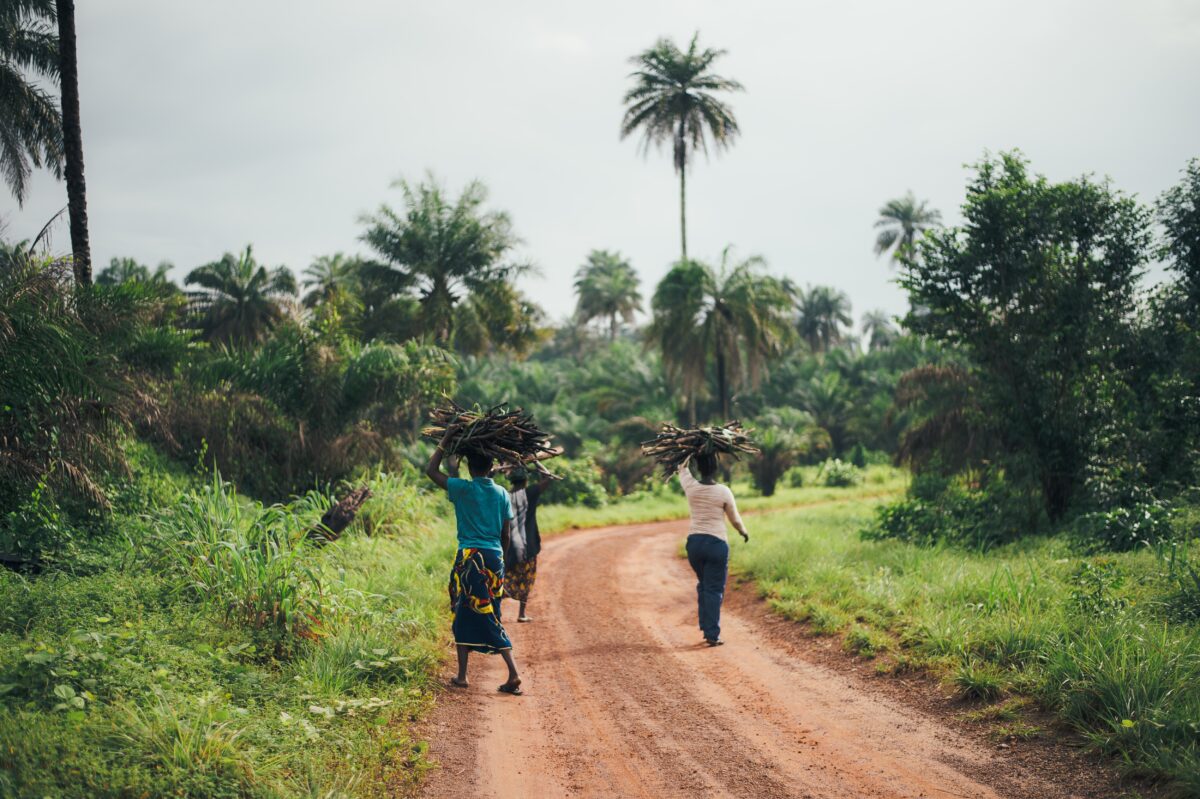
The legacy of microfinance: does it live up to its hype?
01.24.20
The origin story of microfinance began with Muhammad Yunus, a Professor of Economics who returned from the US to teach in his native Bangladesh. Amid high poverty rates, he found himself questioning how economic theory could address the immediate needs of the poor around him. He started experimenting with lending small sums of money to […]

Why a Traditional Austerity Plan Would Exacerbate Lebanon’s Woes – upcoming preview of JMEPP’s spring edition, Arab Uprisings: The Second Wave
01.22.20
“Why a Traditional Austerity Plan Would Exacerbate Lebanon’s Woes” is a piece from and first preview of JMEPP’s Spring 2020 Edition, Arab Uprisings: The Second Wave, written by our Managing Editor for Political Economy and Security, Mounir Mahmalat. ABSTRACT Following the eruption of mass protests in autumn 2019, Lebanon’s economy sled into a deep financial and economic […]
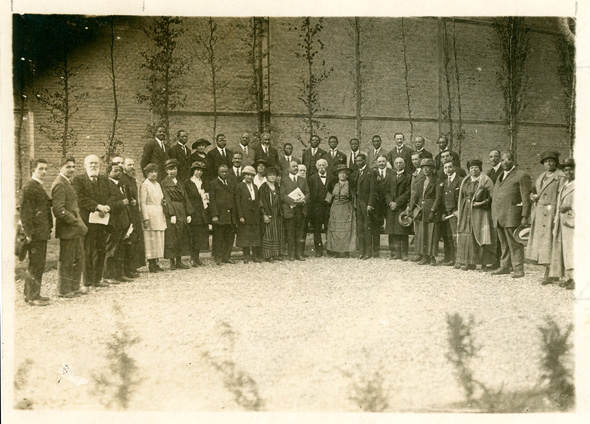
African Solutions to African Problems? A Review
11.19.19
Since the dawn of the last century, progressive African visionaries have proffered that to achieve economic well-being, African nations must forge a path to prosperity that is independent of Western prescription. Yet, are the continent’s challenges so distinct as to be completely unique from those of the rest of the world? In July 1900, the […]
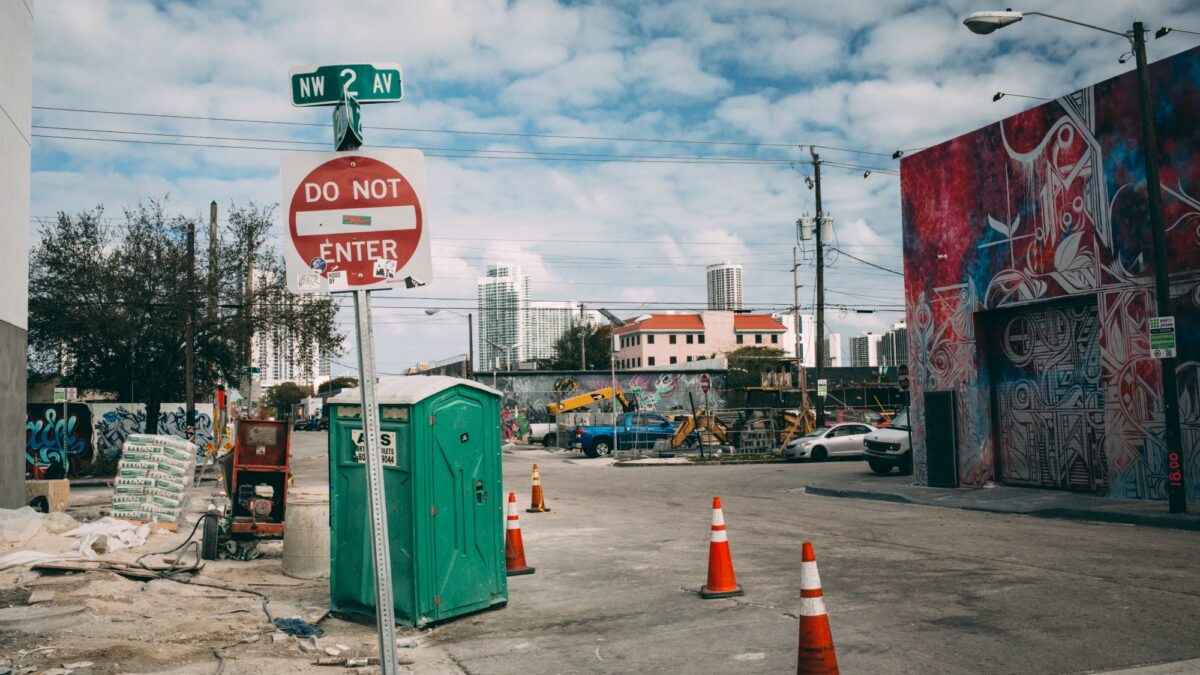
New Tax Break Promises Opportunity—But for Whom?
07.10.18
BY ALYSSA DAVIS Although several U.S. cities and towns have undergone revitalization in the last decade, there are still many persistent pockets of concentrated poverty—distressed neighborhoods where outcomes are worse for residents across-the-board. The places where crime rates are higher, schools are low-performing, unemployment is high, and vacant storefronts abound. This has a devastating effect […]
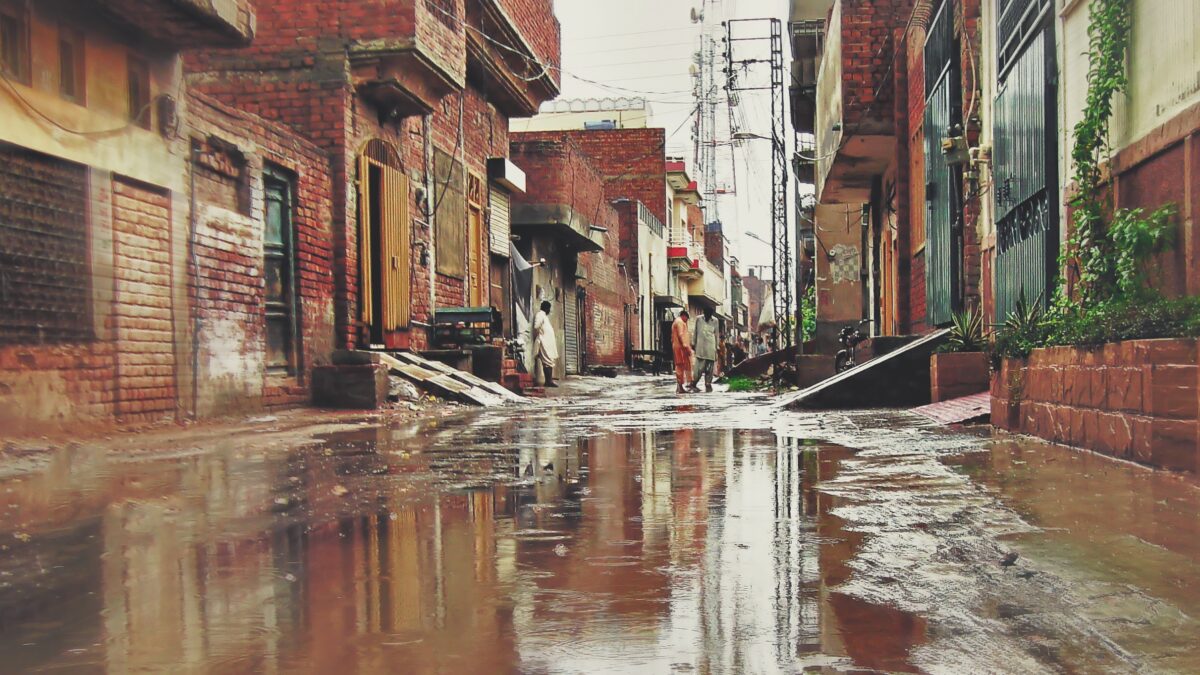
Can the China-Pakistan Economic Corridor Bring Equity through Infrastructure?
05.15.18
BY MAX NATHANSON The China-Pakistan Economic Corridor (CPEC) will change Pakistan. CPEC — a proposed network of highways, power plants, and Special Economic Zones (SEZs) worth a reported $62 billion — is set to bring Pakistan more than double the entire volume of foreign direct investment that the country received since 2008. But who, exactly, […]
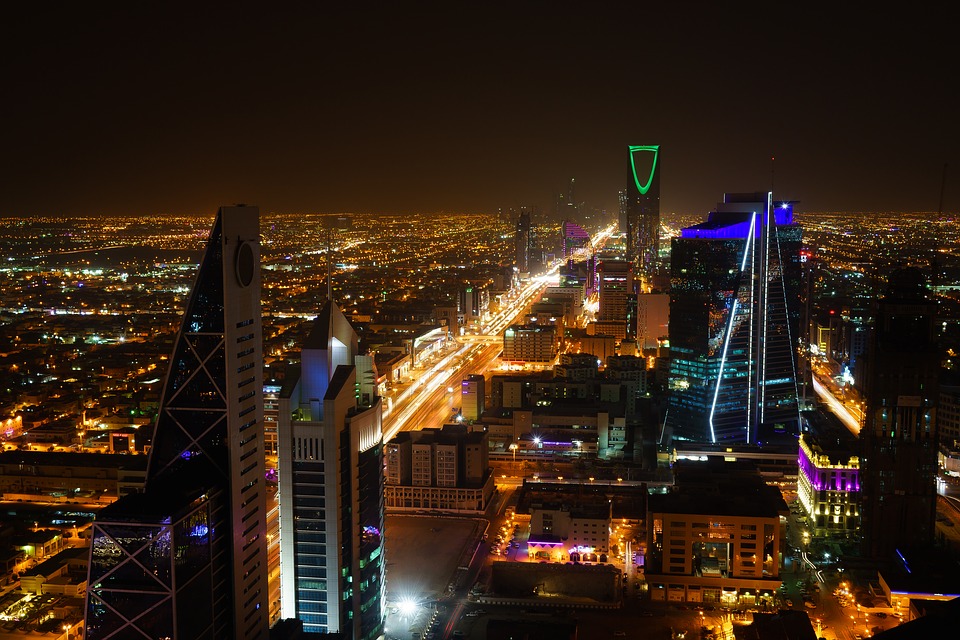
Borrowing Time: Rents and Reform in Saudi Arabia
02.12.18
Of the three various frames for studying the MENA region at present questions of securing economic development and reforming social welfare programs generally receive less attention than topics such as Islamism, security sector reform, or social mobilization. Most analysts…struggle to imagine the kind of economic improvement that could curb high levels of unemployment (especially among the educated) and generate much-needed revenue to finance state services such as education, health care, and basic infrastructure projects.
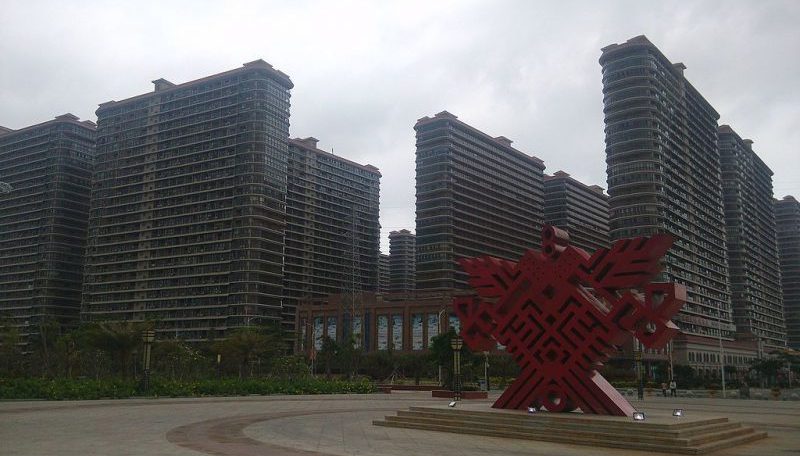
China’s Initiative of Building 1,000 Towns is in Danger of Becoming the Next Wave of Ghost Cities
01.22.18
BY BEN YUNMO WANG A massive government effort to build thousands of commercial-themed towns across China is off to a rockier start than expected. Still largely overlooked in Western media, “Characteristic Small Towns” (CSTs) have become the championed model of urban development in China over the last two years, littered across ambitious initiatives by central […]
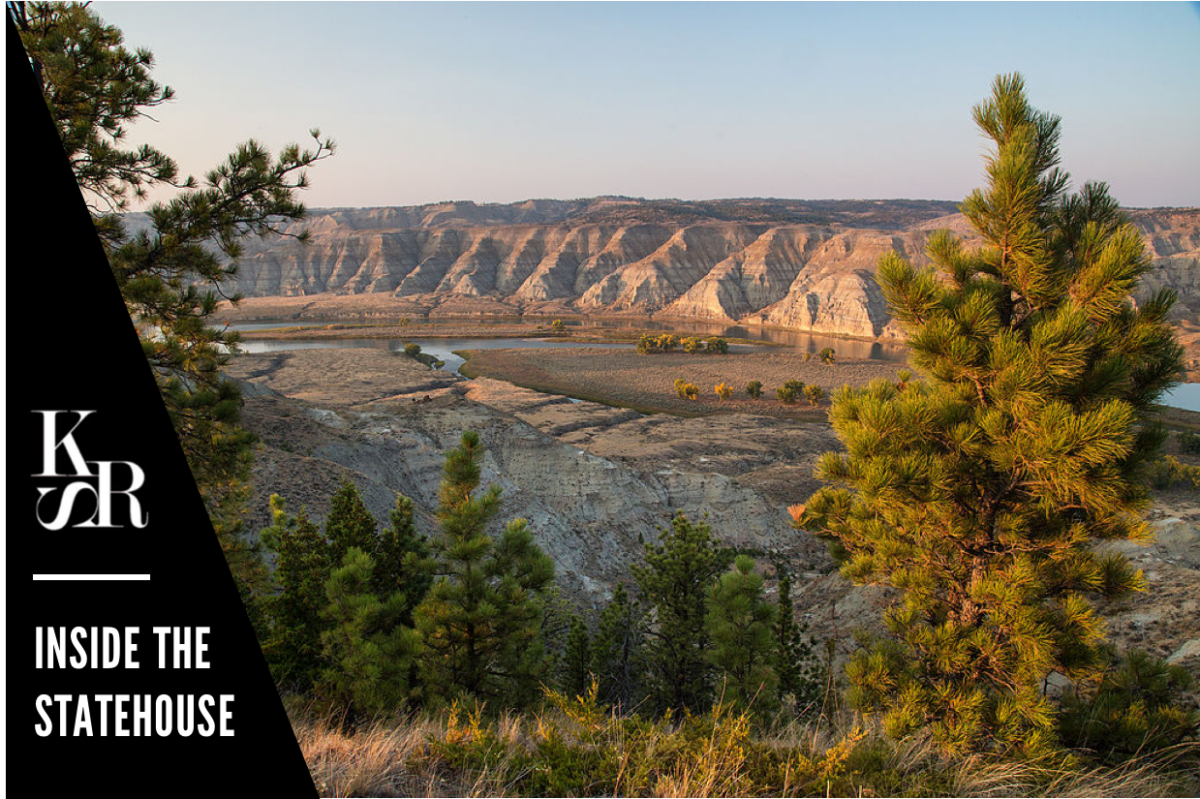
Conservation is a Winning Strategy for Montana
09.6.17
BY CHUCK ARRSAUYAQ HERMAN Montana is home to the world’s first national park and also home to a toxic man-made lake, a mile-long and 1,800 feet deep, created by a now defunct copper mine. The state is well-acquainted with the traditional clash between resource-extraction and conservation. But that may be changing. I spent the summer […]
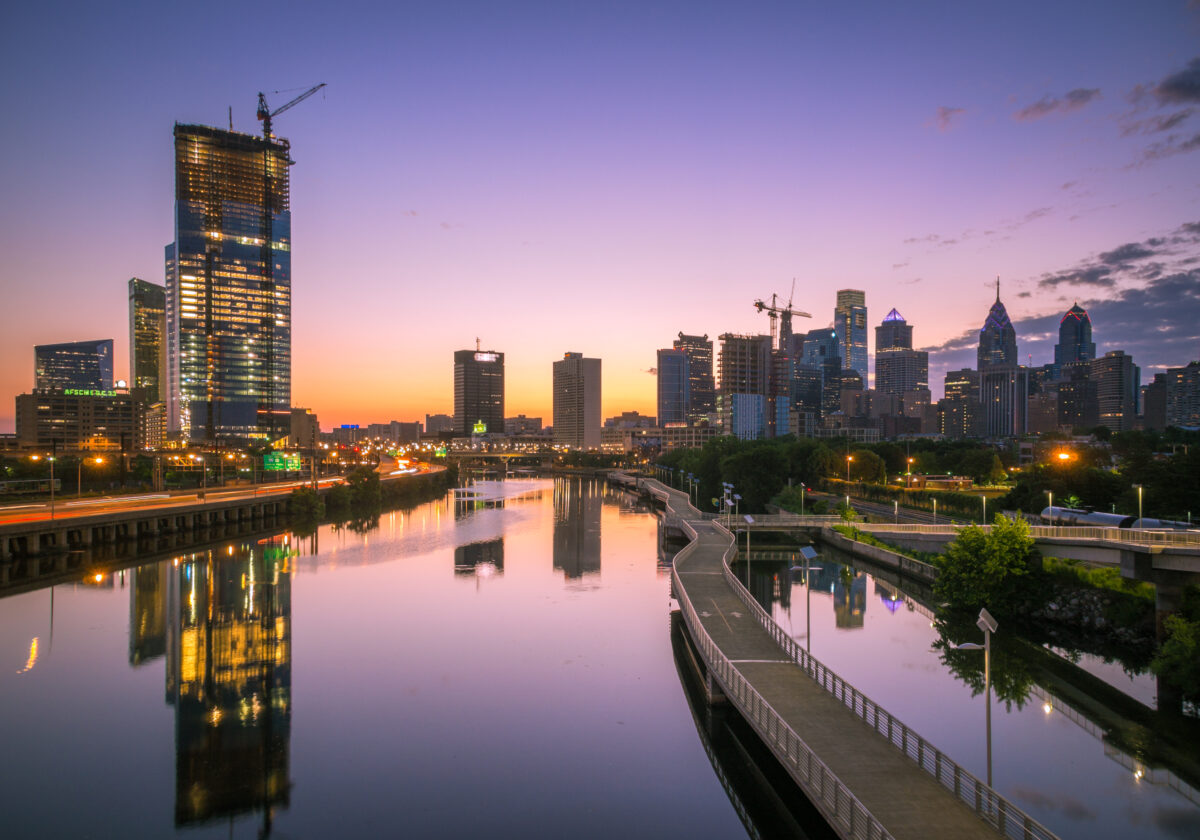
Four Ways Cities Can Do Economic Development Better
09.12.16
BY JOE LEE For decades, Times Square was severely congested, prone to pedestrian accidents, and lacking spaces to rest. In 2008, New York City sought to tackle these problems by mapping the diversity and number of human activities that occurred there. It traced walking patterns to identify “pedestrians’ desire lines” in relation to sidewalks and […]
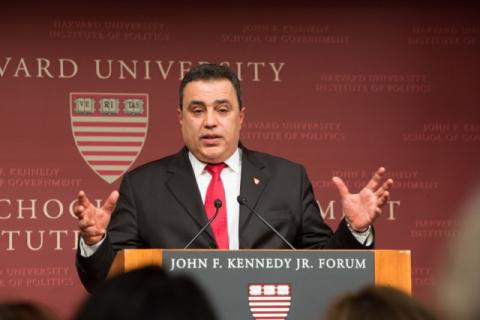
JMEPP Interviews Tunisian Prime Minister Mehdi Jomaa
03.18.15
On February 26th, JMEPP Editor-in-Chief Nada Zohdy and Harvard Political Review staff writer Andrew O’Donohue interviewed Tunisia’s Prime Minister Mehdi Jomaa, before he delivered a public address at the Harvard Kennedy School of Government, hosted by the Institute of Politics. You can watch his full speech, “Tunisia: A Start-Up Democracy,” here. Mehdi Jomaa served as Prime Minister […]
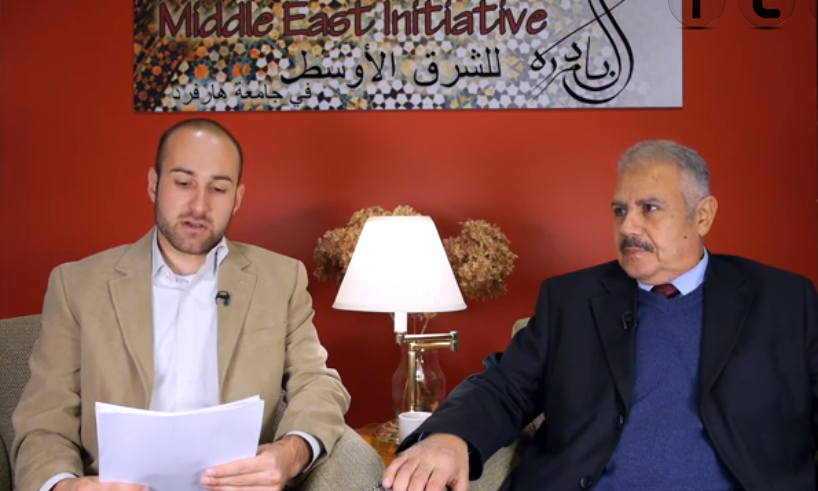
Inside the Middle East: Interview with Dr. Abbas El-Mejren on Kuwait
12.12.14
On December 9 2014, JMEPP Editor Zane Preston interviewed Dr. Abbas El-Mejren. Dr. Abbas El-Mejren is currently the Kuwait Foundation Visiting Scholar at the Middle East Initiative, within the Belfer Center at the Harvard Kennedy School of Government. Watch the video interview below to hear Dr. El-Mejren discuss economic development challenges and prospects for Kuwait and the broader Gulf […]